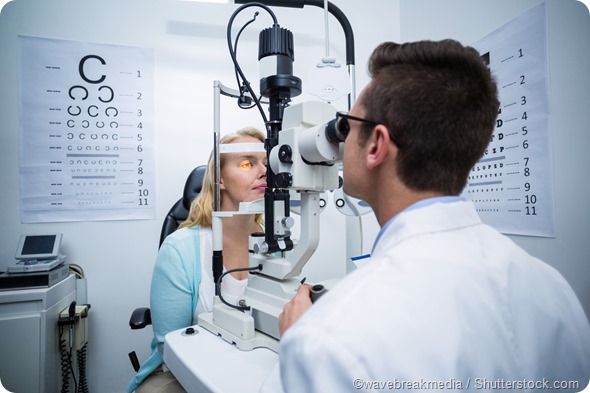The professional requirements to become registered and practice as an ophthalmologist vary considerably throughout different countries of the world. Some countries require a postgraduate degree to become certified, whereas others require a residency program or other form of training.

These differences in professional requirements can make it difficult for ophthalmologists who wish to work internationally outside of the country where they completed their training. In some cases, their current qualification is sufficient to allow them to work. Others will need to complete further training in order to meet the professional requirements and practice as an ophthalmologist in another country.
Professional Requirements
The professional requirements to become certified and practice as an ophthalmologist are as follows for these countries:
- Australia and New Zealand: A specialist postgraduate qualification is required, for which there are competitive entry requirements.
- Bangladesh: A postgraduate or diploma in specialty ophthalmology is required.
- Canada: An ophthalmology residency for at least five years is required with optional subspecialty training in a certain field.
- Finland: A five-year specialization comprising of both practical training and theoretical studies is required.
- India: A postgraduate degree in ophthalmology, including both training and work experience, is required.
- Nepal: A three-year post-graduate degree known as an M.D. in Ophthalmology is required.
- Ireland: Higher surgical training for at least 4.5 years is required.
- Pakistan: A four-year residency program with successful completion of an examination is required.
- Philippines: A residency program at an accredited hospital is required.
- United Kingdom: A postgraduate degree in ophthalmology is required.
- United States: A four-year residency program is required.
Boards of Registration and Education
Certified ophthalmologists who are seeking to be employed around the world in a country where they did not complete their training need to meet the regulatory requirements in the country they wish to practice. The following boards have the further information for ophthalmologists who are looking to work in the respective countries:
- Australia and New Zealand: The Royal Australian and New Zealand College of Ophthalmologists (RANZCO). Ophthalmologists trained in the United Kingdom who hold a CCST/CCT are usually considered to have an equivalent qualification.
- Canada: The Fellowship of the Royal College of Surgeons of Canada (FRCSC).
- India: The All India Ophthalmological Society, which allows ophthalmologists to continue professional learning.
- Nepal: The Nepal Medical Council oversees the licensing examination and further education opportunities.
- Ireland: The Royal College of Surgeons of Ireland for registration.
- Pakistan: The College of Physicians and Surgeons, Pakistan, for registration.
- Philippines: There are two professional organizations: the Philippine Academy of Ophthalmology (PAO) and the Philippine Academy of Medical Specialists, Discipline in Ophthalmology.
- United Kingdom: The Royal College of Ophthalmologists, Royal College of Surgeons in Edinburgh and the Royal College of Glasgow.
- United States: The American Board of Ophthalmology certifies ophthalmologists to work. The Accreditation Council for Graduate Medical Education and American Osteopathic Association are responsible for running the residency programs.
Each of these associations will offer access to more information about how to become certified to work in the specified country. They may assist international ophthalmologists to find employment opportunities abroad.
References
- https://ranzco.edu/
- http://www.royalcollege.ca/rcsite/home-e
- http://www.aios.org/
- http://www.nmc.org.np/
- http://webeye.ophth.uiowa.edu/eyeforum/tutorials/InternationalOphthalmology.htm
Further Reading